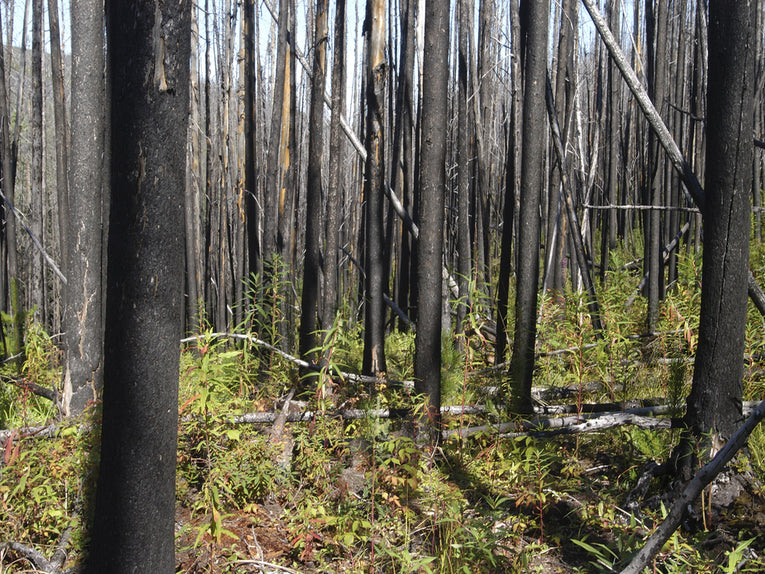With a powerhouse fire in the Los Angeles hills, the first wildfire of the season began blackening America. Chief Tom Tidwell of the US Forest Service was quick to report as he talked to the Senate Committee on energy and natural resources: the "season" lasts now 2 months longer than 40 years ago and eats up twice the forest because of the climate change involved. People are moving out to the wilderness too, so many more homes have to be saved - or burned.
Only 6 homes were destroyed at Powerhouse, but thousands of people were inconvenienced -that is they had to flee for their lives. With the prospect of bigger and therefore much more dangerous fires on at least 3 continents, the earth will have to flee the furious flames a lot more this year. New Mexico, Colorado and Alaska already have other fire emergencies, while, elsewhere, Australia has got over its season after those terrible scenes of death and destruction two years ago.
Europe has had a late Spring, so the usual Spanish fires are limited so far. Tom Tidwell explained that the public don't understand these changes. Early fires are now the new norm, in his words. The heat and the lack of rainfall mean land is destroyed in record time at this early time, where dampness and low temperatures might be expected. Fires in New Mexico, for example, burn 40K acres in 12 hours when they used to last for 7 days!
The climate change involved was early snow melt, higher average temperatures and simply drought. The result is perfect conditions for lighting a fire. Then the "starts" that escape notice rapidly become unmanageable for any fire service actions. Economics has also contributed as budgets are cut in the US. Old brushwood has to be cleared in 80 million acres of forest to help lower wildfire risk, but the money is unlikely to be forthcoming. 400 million acres are at risk, involving 70,000 communities (admittedly, some of those are small.) Paying workers is also a problem with last year's 10,480 fire-fighters being reduced below the 10,000 mark. The Forest service used 40% of its budget on fire activities last year.
Good luck, Mr Tidwell. His parting shot was, "The largest issue we now face is how to adapt our management to anticipate climate change impacts and to mitigate their potential effects." Our hearts and minds go with you, Tom, but hopefully not or homes or the ecosystem.










